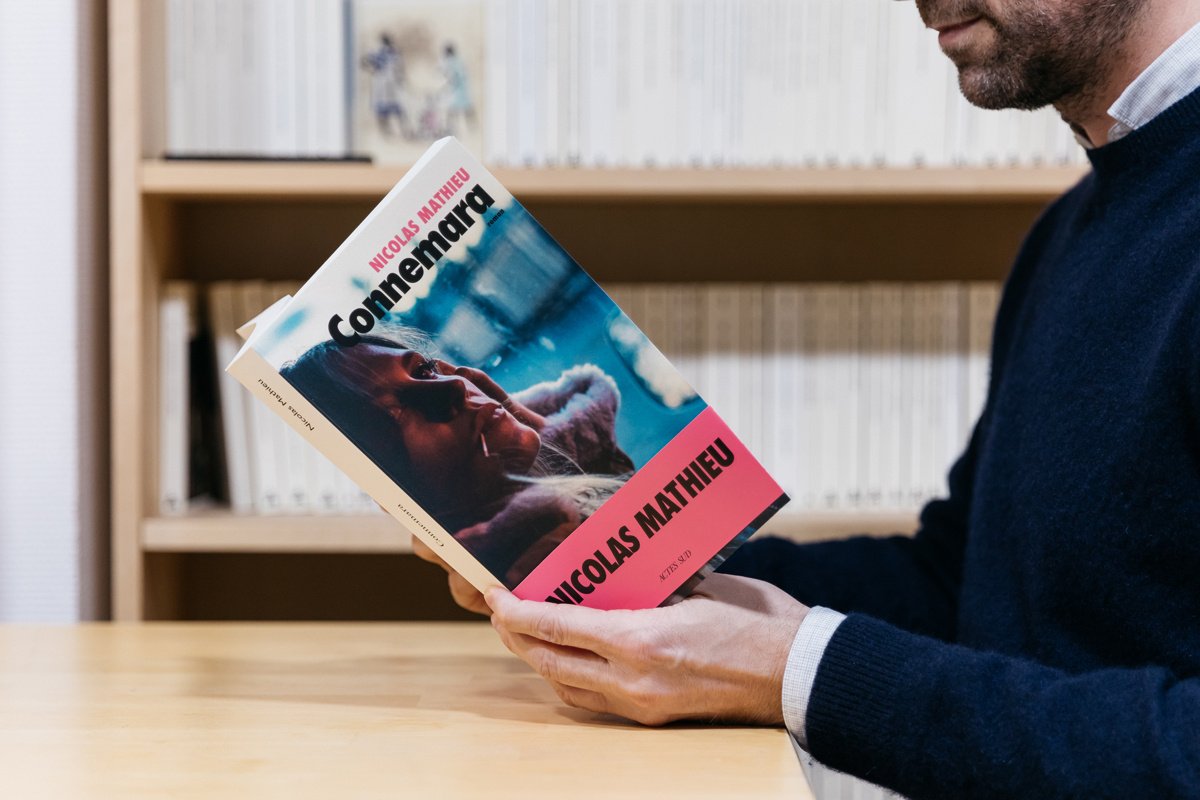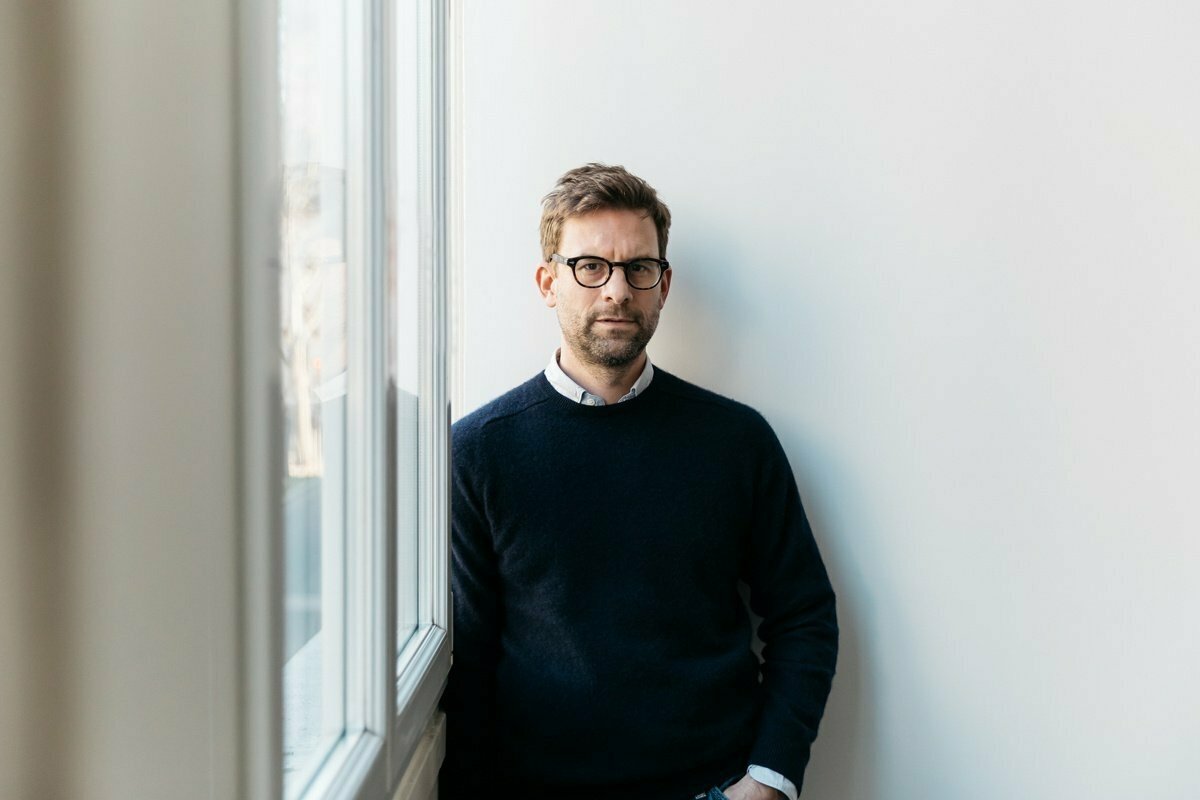‘I wanted to question what constitutes success and happiness’
Feb 28, 2022
9 mins
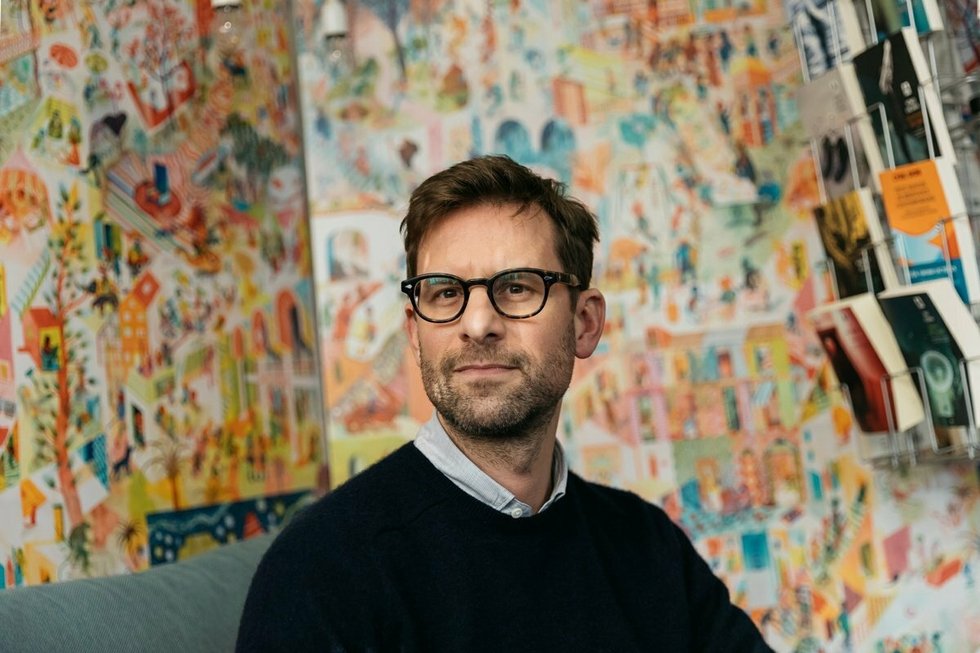
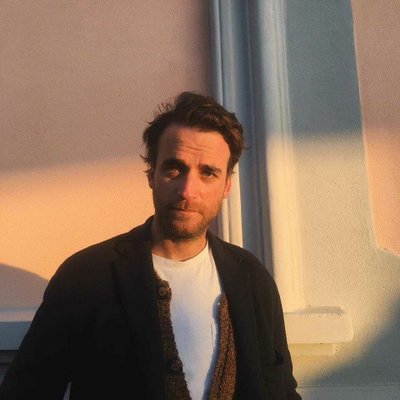
Photographe chez Welcome to the Jungle
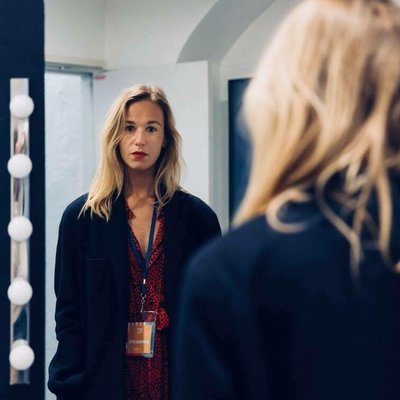
Senior Editor - SOCIETY @ Welcome to the Jungle
In his new novel, Connemara, Nicolas Mathieu shows us the France of open-plan offices, interminable slides and business jargon that have made their way to “the very top levels of government.” Mathieu won the prestigious Prix Goncourt in 2018 for And Their Children After Them, and his latest work gives an accurate and amusing critique of corporate France, with its made-up language and relentless capitalist mindset. He also examines what it takes to build a career in today’s world—the compromises that make you wonder if all those hours were worth it. Is anyone really happy? In this interview with the author, we ask the tough questions about work today, the great achievements of his career, the meaning of writing and the need to be loved.
The back cover of your new novel, Connemara, reads: “It’s a story about unfinished business and the modern workplace, somewhere between PowerPoint and open space.” Why did you choose these themes?
I’m super-interested in the world of work. I love watching movies and documentaries about work, understanding how jobs are structured and how people deal with their colleagues, computer programs and customers. It’s such a huge part of life that, for me, is really under-represented. I always manage to bring it up in my books somehow. My first novel dealt with factory jobs and works councils. For Connemara, I wanted to push things further, talking about open space offices, consultant culture and the dominion that PowerPoint and its relentless slides have over billions of employees today. I wanted to depict this type of work.
“PowerPoint and open space” Are these the words you’d use to describe today’s workplace? Your critical view on the subject is no secret.
I’m pretty critical of everything. I’m not trying to sensationalize it. I’m not here to celebrate the achievements of the start-up nation. So, yes—these two concepts are relevant for certain types of work, such as the services industry and tertiary sector. But you could also say a whole lot about logistics chains or care work, for instance. There are many different ways to qualify jobs today. But with Connemara, there is a certain type of logic that I wanted to show the workings of and have fun with. I was really interested in philosophies of management and consulting, especially public management—ways of perceiving and envisaging the world that have reached top levels of government.
Your novel opens with Hélène, a woman who wakes up angry at life and who, we soon learn, is suffering from burnout. Do you see burnout as one of the biggest problems in work today?
No. That’s not my thing. I don’t turn social facts into fiction. Instead it’s fiction that allows me to examine the world. While burnout isn’t the main focus here, it’s something I’m interested in personally. And not because it denounces a toxic way of working, but because, with Hélène’s burnout anyway, I wanted to show how pushing the human body to its limits makes us question what constitutes success and what makes us happy. Sure, you make money and work your ass off. But is it really worth it if you end up feeling extreme burnout and even despair?
You went through burnout yourself after writing your first novel, Of Fangs and Talons. Did you feel the need to write about it?
It wasn’t, like, “Oh, I need to share this experience with the world—they have to know!” It’s more that, as you’re writing, you create characters and nourish them with what you have at your disposal. You take a bit from your own experiences and all the things you’ve read, seen or heard. For Hélène’s character, I needed to justify both her awakening and her need to revisit the past and go back to her hometown. Burnout was the perfect crisis to make this happen. It just throws everything into question.
We witness a rather caustic exchange between Hélène and Erwan, the director of her consulting firm, with a quick succession of nonsensical words such as “scalable” and “CSR compliant.” Do you find this kind of corporate jargon funny or depressing?
Both! I find it funny precisely because it depresses me! Like all specialist languages, it obviously helps to describe certain realities—but it also wields a form of power. Because when you’re stuck in that kind of language, you can’t think outside those possibilities. I’ve actually seen it in a lot of companies. You’re trapped, and your thinking has to go through predetermined points. And that is depressing. The beauty of literature is that, through satire, you can have some fun and ridicule the power it holds over people. Because, at the end of the day, this power plays out in thousands of companies, holding sway over millions of people. The directives trickle down to human beings. It’s kind of soul-destroying.
With all these words, it’s clear that you’re lambasting the endless potential for “bullshit.”
Sure. But it’s more than that. I am not saying that everything in consulting is pointless or a blatant scam. Beyond the satire, I tried to take a balanced view of things. In particular, there’s this character—a bit like Hélène’s Pygmalion when she’s young—who crunches data all day but is able to deduce things from it and produce real effects. And then Hélène buys into it, doing a great job and working her way up in the company.
How did you get all this material about the corporate world?
From 2007 to 2008, I worked for an agency that produced corporate reports, which meant I had to attend lots of company presentations. The job obviously entailed a great deal of research. I found websites with corporate-vocabulary lists and asked for contributions on Facebook. People sent me slides about their companies or newsletters they’d received. Finally, I met consultants who were either still in the business or who’d repented and left.
“Work offers many opportunities for self-actualization. You can take pride in what you do and maybe even achieve happiness. I’m just not convinced it’s my role as a writer to depict that.”
With the character of Christophe, we also get a glimpse of another business environment—supply chains and the small-scale salespeople who represent the “last adjustment variable for profit-making.” Do you feel that everyone is suffering at work nowadays?
Let’s just say that many sectors are under immense pressure. Productivity gains are not unlimited, so at some point, in order to achieve growth, you have to hit where it hurts—you have to get more work done at the same price and thus “expand the scope” of each individual.
Do you hate every sector?
In the real world, nothing is ever that black and white. But imagine someone who is part of what we call the creative class, a senior consultant who works 70 hours a week. They’re stressed out and earn heaps of money. One day, they leave it all behind to become a pastry chef or open a bed and breakfast. In that case, they achieve their dream, and that’s wonderful. But this will inevitably raise countless other questions for them because work is constantly vacillating between achievement and limitations.
So there’s no such thing as happiness at work?
I don’t fully buy into the whole concept of happiness. I genuinely believe in joy, but happiness is something else altogether! Work offers many opportunities for self-actualization. You can take pride in what you do and maybe even achieve happiness. I’m just not convinced it’s my role as a writer to depict that. I’m not a communications expert; it’s not my job to say that everything will be just fine. I’m definitely critical of the themes I address. But personally, I was happy when I was working (before becoming a writer). I experienced both immense suffering and happiness at work. It’s also very important in terms of socialization. That’s why, although I’m a leftist, I’ve never bought into universal income, for example. I think people need work. It structures their identity and their relationship to the world around them. I think it’s still important to work. I don’t believe in the end of work.
One of your parents was an accountant and the other was an electromechanical engineer. How did that make you feel about the professional world when you were a child?
It was pretty stark. I remember my parents talking about their jobs every night and they were always pissed at their bosses. They just had to put up with it. But at the same time, they were happy to have a job, they liked their relationships with their colleagues and they took pleasure in what they did. The issues were more about salary and power relations within the corporate hierarchy. My father was a CFDT unionist (French Democratic Confederation of Labor) working in an international corporation and I think he was always underpaid because of his political position in the company, so he suffered for that too. My mother worked throughout the 1970s and 1980s, so there was this whole system of misogyny and domination that was still quite tough. But my parents were pretty happy with their work—they always worked. And my father was terrified of being unemployed, a fear that genuinely loomed over our home.
You knew you wanted to be a writer by the age of eight. What did your parents think?
They just wanted me to be happy. I was an only child and my mother was super-protective. Even if my father wanted me to have a secure profession—like working at EDF or for the postal service—she allowed me to study “a bunch of nonsense” for an infinite amount of time. So I did a degree in history, a master’s degree in film and then another degree in art history. I was a bit all over the place!
In an interview with Le Monde, you said that you were very “candid” about your career plans.
The thing is, I never felt like I belonged in the world I was in. I always saw myself as a bit of an outsider. I was primarily interested in watching and interpreting. Learning a profession, giving too much of myself—that just seemed totally outlandish.
For about a decade, you did a series of “odd jobs.” How would you sum up this period of your professional life?
I remember when I had two jobs at the same time. That really stuck with me. I was writing minutes of proceedings from corporate meetings and also—this is 30 years ago—tutoring kids from wealthy neighborhoods. I lived in the 20th arrondissement in Paris and I used to go to Levallois or the 16th in the evening to tutor. I used to walk past a Weston shoe store every day and the price of a pair of loafers was my salary for two months. I was thinking, “Damn, I’ll never make it.” And all the while, I was writing and I even won some short-story contests.
“A novel takes so much work and there’s so much uncertainty at the end. Especially since I’d started it such a long time ago, without being published, just afraid of doing it all for nothing and being a failure.”
When were you finally able to say: “That’s it. I’m a writer?”
It was in the spring of 2013 when I got a phone call from Manuel Tricoteaux, an editor at Actes Sud. I’d just sent my first novel to 10 publishing houses and, on the phone, he said: “I just opened the envelope and started reading the text. I could tell right away that he’s a writer.” That was it. Of course, the publication of my book in March the following year was a decisive moment. But before all of that, there are words and looks that genuinely make you feel legit.
Speaking of legitimacy, you received the 2018 Prix Goncourt for your novel And Their Children After Them. What’s your relationship with success like?
It’s ambivalent, but it mostly brings a great deal of satisfaction. There’s this sense of “I did it!” It wasn’t necessarily about getting the award but finishing a novel that actually reached readers. It’s immensely satisfying. A novel takes so much work and there’s so much uncertainty at the end—especially since I’d started it such a long time ago, without being published. I was afraid of doing it all for nothing and being a failure. So yes, there is a great sense of accomplishment. It grounded me. But there’s a lot of stress as you’re suddenly very exposed and you sense people assigning you a purpose that’s not necessarily your own. “A writer has to do this,” or “A Prix Goncourt winner has to think that.” So, you have to deal with all that too.
What should a Prix Goncourt winner think?
Well, for instance, there were a lot of people who were expecting me to be an activist or spokesperson for “peripheral France,” when that’s not my role.
But you’re an activist in the way you speak publicly and post on social media, right?
That word might be a bit strong for how brave I am! Sure, I express things, but it doesn’t go very far. I don’t have a fully fledged idea of what would make the world a better place. And I don’t go out to fight the good fight. I don’t go on TV to defend my position. I feel more like a political author, insofar as the material I work on is always full of political issues. My way of describing work, romantic relationships and class relationships is political because it’s about how we live together. And there is a certain critique there—it’s certainly not neutral—but I feel like “activisim” takes a bit more than that.
If activism isn’t your goal, what’s the point of being a writer?
The purpose of a writer is to write books. And because books are capable of all kinds of possibilities, they have different roles. Some books aim to depict the world, others to change it and others are just there to create emotion and give pleasure. There are many possibilities and they’re not necessarily political. Each author reinvents these possibilities in their own way and touches on a particular point.
So, what do you write for?
I feel like this is my way of struggling with life. There’s a bit of a pugilistic side to it. I write to understand, land a few punches, pin down what escapes me and save perceptions or faces. Basically, imagine it as a ring in which I’m grappling with life.
And in the beginning, if you’re honest with yourself, you also write to be loved.
Translated by Andrea Schwam
Follow Welcome to the Jungle on Facebook on LinkedIn and on Instagram and subscribe to our newsletter to get our latest articles every day!

More inspiration: Inspiring profiles
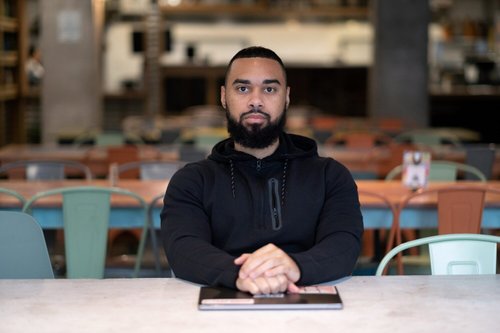
Be real, get ahead: The power of authenticity in your career
Pabel Martinez shares insights on how to allow yourself to be yourself, find your voice, and deconstruct stereotypes at work.
Apr 25, 2024
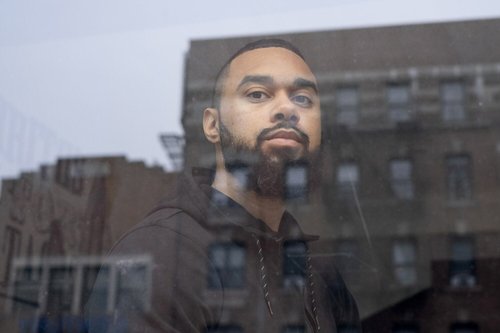
The professionalism paradox: Navigating bias and authenticity with Pabel Martinez
Pabel Martinez challenges the conventional norms of professionalism by unraveling the complexities of workplace discrimination.
Mar 11, 2024
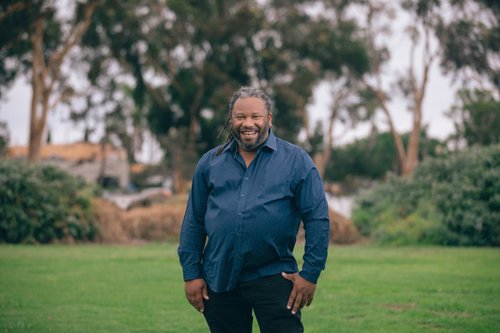
How play can make you happy, creative and productive at work
Work-life balance usually means separating work and play, but it might be a better marriage than you think...
Nov 07, 2023
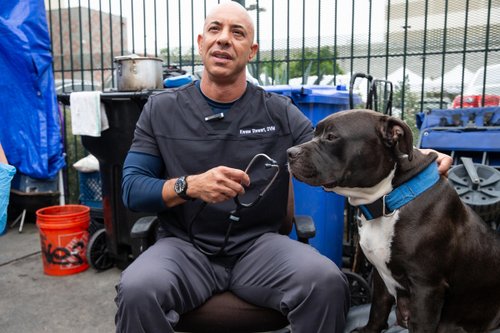
Project Street Vet: Caring for the unseen paws of Skid Row
Providing vet-to-pet care in some of California's largest homeless communities, Dr. Kwane Stewart shares the ups and downs of his remarkable work.
Aug 29, 2023
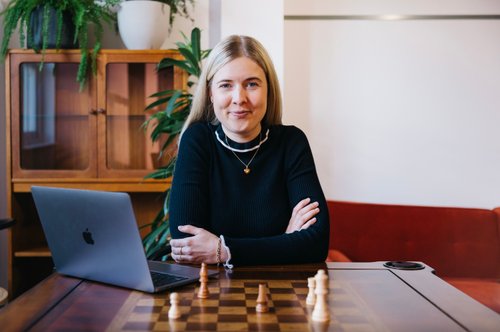
Girls learn how to have fun – and funds – by investing
A Danish trio is fighting gender inequality... on the stock market. We had a chat with one of the co-authors of the book Girls Just wanna Have Funds
Jan 30, 2023
The newsletter that does the job
Want to keep up with the latest articles? Twice a week you can receive stories, jobs, and tips in your inbox.

Looking for your next job?
Over 200,000 people have found a job with Welcome to the Jungle.
Explore jobs
